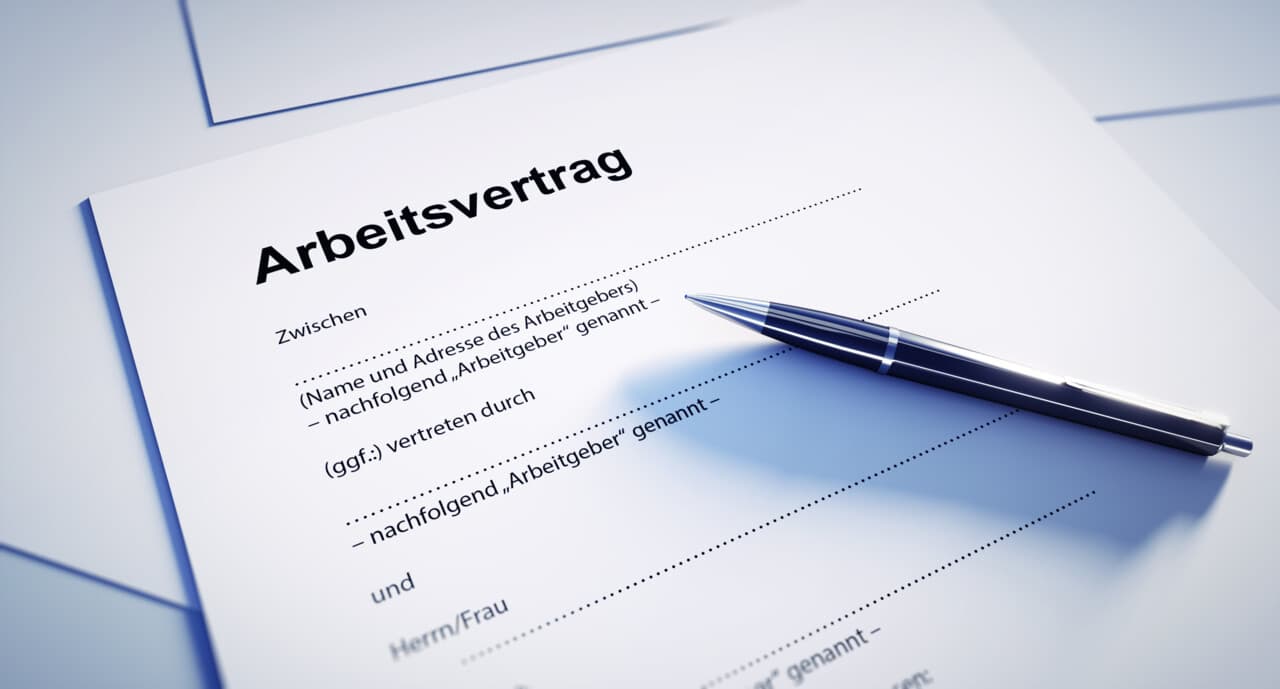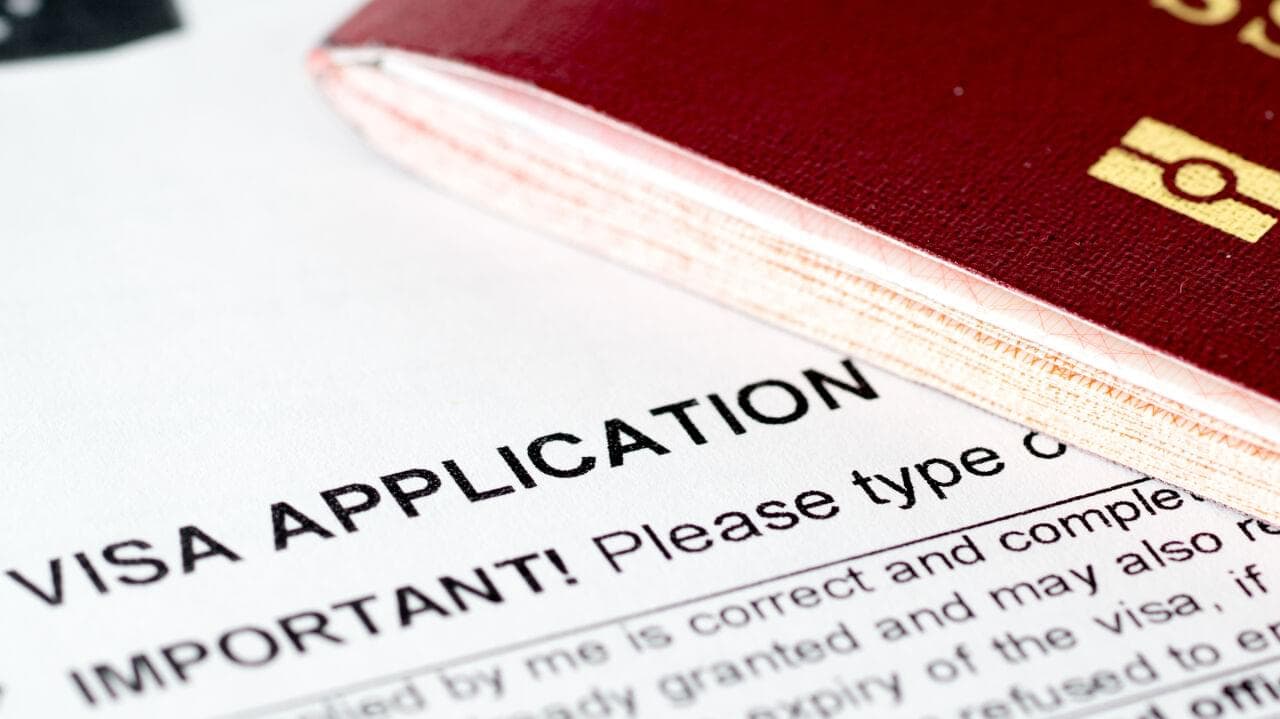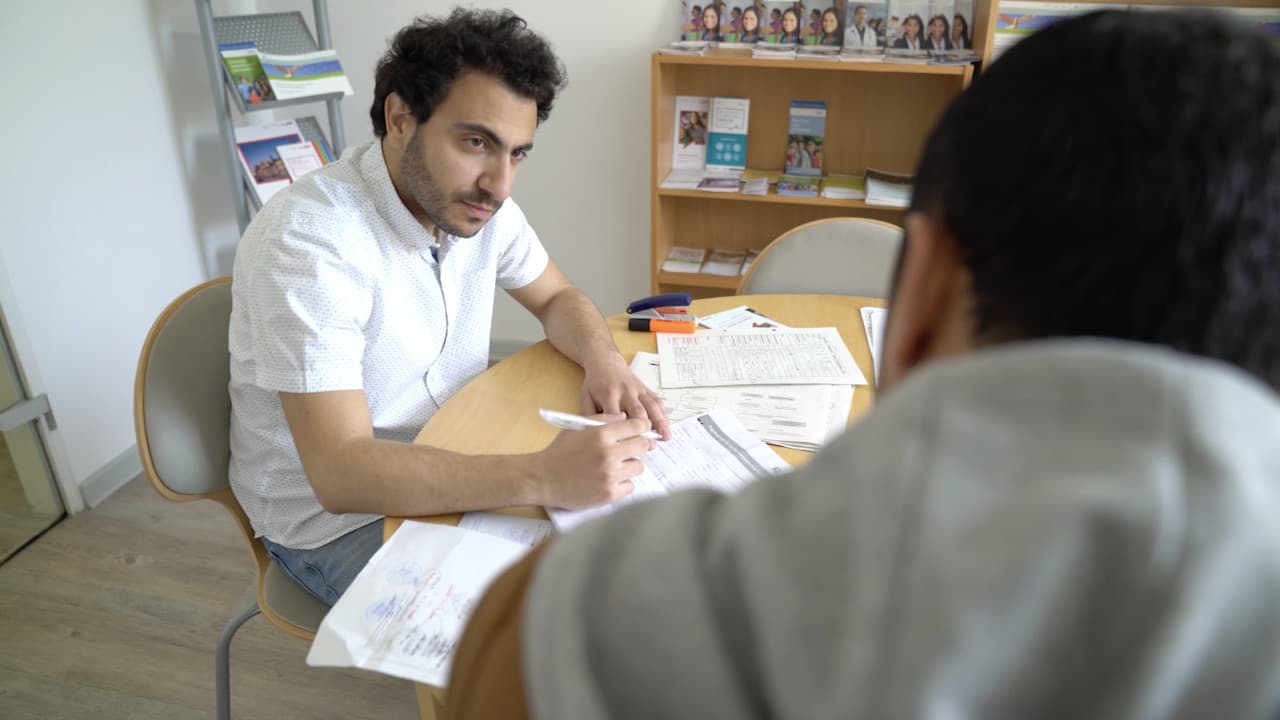Visa for Skilled Workers

Can I obtain a work visa?
Germany needs skilled workers. If you wish to come to Germany to work as a skilled worker, you will need to obtain a corresponding residence permit, i.e., a "residence permit for qualified employment", regulated in §18a and §18b, paragraph 1 of the Residence Act. However, for many non-EU citizens, the first step is to apply for a corresponding visa. The visa allows you to enter Germany, obtain a residence permit to work as a skilled worker and start working. Here you can learn which requirements you have to meet for a visa and residence permit as a skilled worker.
What do I need to know?
For which jobs can I obtain a work visa?
If you want to work in Germany as a skilled worker and a company offers you a qualified job, you can apply for a visa/residence permit.
The Skilled Immigration Act gives you the opportunity to work as a skilled worker in Germany if you can provide proof of qualified vocational training (according to Section 18a Residence Act) or a German or equivalent recognised university degree (according to Section 18b Residence Act). You can learn more about the recognition procedure in our “Recognition of Foreign Qualifications” chapter.
Since November 2023, the law has also changed to make it possible to take up employment that is not directly related to your degree. However, the employment you take must also be qualified, meaning two years of vocational training (according to German standards) are required to do this job.
Please note: Exceptions apply for certain regulated professions such as doctors, teachers or lawyers. You cannot do these jobs with any other qualification. You can find a detailed list of regulated professions on the Federal Employment Agency website.
Where do I apply for the visa?
If you are required an entry visa to come to Germany, you must first apply for it at the German embassy/consulate in your home country or a neighbouring country and present the required documents.
Please note that your visa application can take several months to process.
However, if you already have an employment contract, your employer can accelerate the process by submitting an application to the immigration authorities. Further information can be found on the Federal Government’s website.
Please note: Whether you are entering the country with or without a visa, you must report to the Immigration Office at your new place of residence and submit the required documents.
Whether you need a visa depends on your country of origin. On auswaertiges-amt.de, you will find a list of countries whose citizens need an entry visa to come to Germany.
Important for Afghan nationals:
Special rules apply to people from Afghanistan when applying for a visa to Germany. As there is no German embassy in Afghanistan, visa applications can typically only be submitted to the German embassy in Islamabad (Pakistan) or Tehran (Iran–currently closed).
If you wish to submit your application in another country (e.g. India, Turkey, Uzbekistan or Tajikistan), you must have lived there for at least 6 months with a valid residence permit. Without such a residence permit, it is not possible to submit your application in another country.
Please note: The procedure, required documents, and processing time may differ from the general information; they often take significantly longer and, in some cases, lead to rejection.
What documents do I need for the visa application?
In our chapter "National Visa", you will find a list of documents that all third-country nationals need for a national visa.
To obtain a visa as a skilled worker, you also need the following documents:
- Proof that you have completed a vocational training programme or a university degree and your qualifications are recognised in Germany. You can learn more about the recognition procedure in Germany in our chapter “Recognition of foreign qualifications”.
- An employment contract or an offer for a qualified job from a company or organisation in Germany.
- If you are over 45 years of age, you must also have adequate retirement provisions or prove that you will earn at least €53.130 gross per year (as of 2025).
In principle, the Federal Employment Agency also has to give its approval. The embassy will communicate directly with the Federal Employment Agency, i.e., you do not have to contact them personally.
Please note: If you are already in Germany, for instance, with a Schengen visa (visitor visa) and find a job during your short stay, you may be able to apply for a residence permit for skilled workers at the Immigration Office. To do so, the job must meet the requirements for residency as a skilled worker. So it has to be a qualified job, for which you need either a university degree or a professional qualification. Since November 2023, the change in the law has also made it possible to take up employment that is not directly related to your degree. However, the job you take must also be considered “qualified employment”, that is, a job which requires two years of vocational training according to German standards.
Please note: Exceptions apply for certain regulated professions such as doctors, teachers or lawyers. You cannot do these jobs with any other qualification. You can find a detailed list of regulated professions on the Federal Employment Agency website.
Please note, however, that even if you meet all the requirements, the Immigration Office may insist that you go through the complete visa procedure for skilled workers. That means you would have to return to your country of origin and apply for a visa there at the German diplomatic mission. There is also the risk that your visitor visa may expire before the authorities decide on your application, meaning that you will then be obliged to leave the country. It is best to seek advice from a lawyer beforehand.
What happens after entering the country?
After entering the country, report to the Immigration Office. It is recommended to do so earlier, as the authorities often have longer waiting times, and you absolutely need your residence permit before your visa expires. To do so, you must (again) submit the documents mentioned above as well as, in principle, a registration certificate ("Meldebescheinigung”) and a rental agreement. The authorities will check your papers and then decide whether you can obtain a residence permit.
A residence permit for skilled workers is usually issued for four years. If your employment contract is for a shorter duration, your residence permit will be adjusted accordingly.
What if I lose my job?
If you lose your job, the immigration authorities will shorten your residence permit accordingly. You are also obliged to report the job loss to the Immigration Office. In the best-case scenario, you already have a new job lined up, which you can explain directly to the immigration authorities. So you must quickly find a new job and apply for a new residence permit.
What is “Zweckwechsel”?
In the context of residence law, the term Zweckwechsel” or “change of purpose” means a legal regulation which allows an individual to change the purpose of residence.
This regulation allows people to change their residence status, usually from one type of residence to another. For example, a “Zweckwechsel” could mean that a person who originally travelled to Germany as a student on a student visa has the opportunity to change their residence status in order to work in Germany and obtain a residence permit as an employee.
Important
You can learn more about working in Germany in our chapters "Employment Contract" and "Labour Rights".
Similar topics
Additional links
Visa for Germany
Here you can learn about visa requirements for Germany.
German Embassies Worldwide
Here you can find the German embassy in your country.
Make it in Germany
Here are some tips (in several languages) on how to enter the German job market.
Our community in the forum
Quickly find answers to any question. Benefit from the experience of your community and exchange ideas.
Support on site
Are you looking for counseling centers, meeting points, and other services? Use our search engine.











